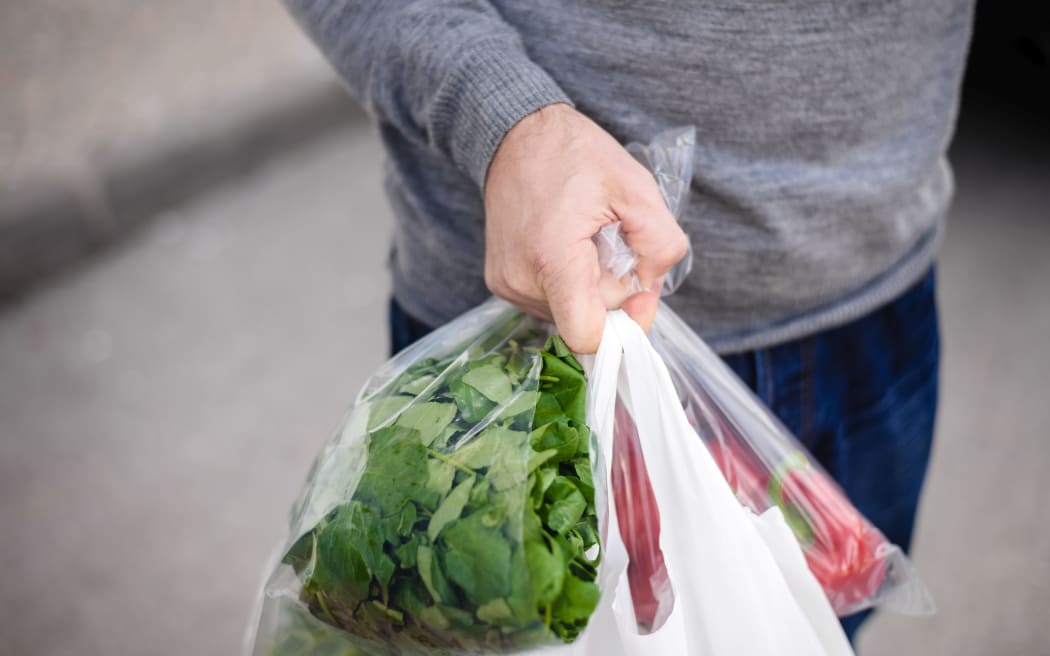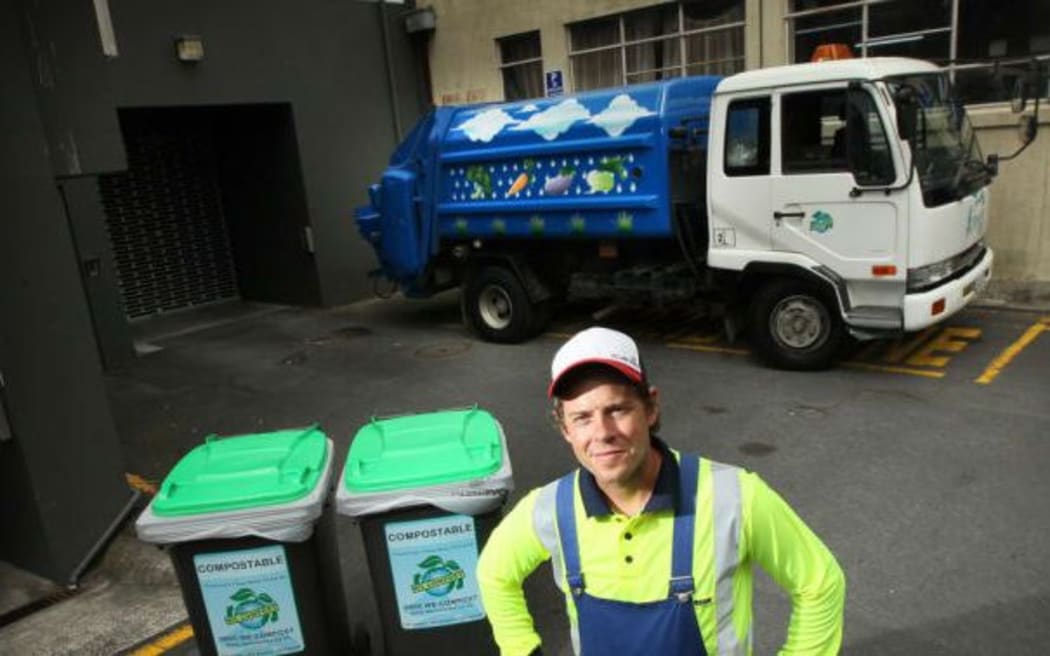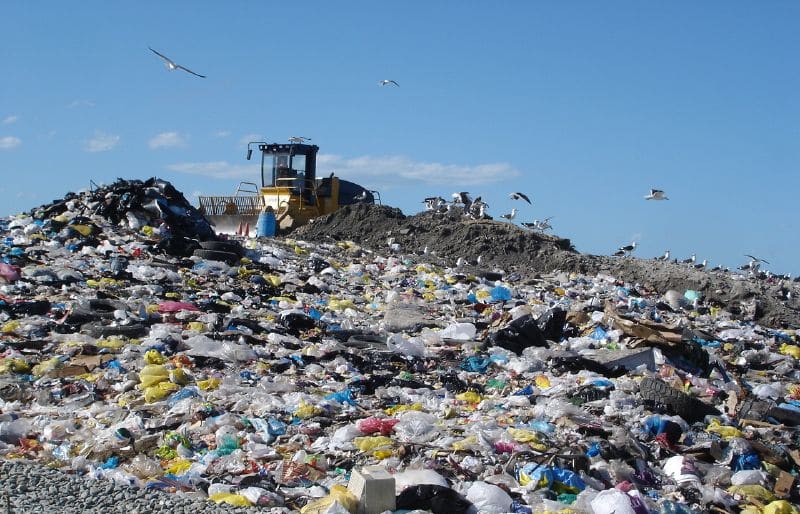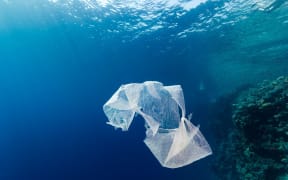Major supermarkets and retailers are phasing out single use plastic bags - but disposing of the compostable alternatives isn’t easy.

Photo: 123rf
The Warehouse Group is replacing plastic bags with compostable ones, and other retailers give out bags labelled ‘bio’ or ‘biodegradable’. The Sustainability Trust has said they won’t break down completely in landfill and require commercial compost facilities.
Canterbury University is attempting to recycle as much waste as possible and like many organisations is grappling with how to separate out materials that can be effectively composted.
“The situation around compostable packing, and single use packaging in general, in New Zealand is a shambles,” says Matt Morris, the university’s sustainability advisor.
The university’s students’ association “led the charge” by introducing a lot of compostable packaging, Morris says.
But to send it to a commercial composter, each type of item must be assessed as compostable by the company, and the university has to sort the waste.
“That is a bit of a systems problem, because it’s not an easy thing to sort a university’s worth of waste by hand.”
Morris says it’s been great to see retailers taking the lead in moving away from single-use plastics – because somebody has to - but the whole system isn’t "joined up".
Commercial composting facilities have their own rules on what they can accept. Not all will take packaging lined with the bioplastic PLA, Morris says.
“We need to see government leadership on this.”
Steve Rickerby founded Auckland family business WeCompost which collects organic, compostable material from businesses, schools, tertiary institutions and restaurants across the city.
He’s fortunate, he says; the collection is straightforward, the waste is certified compostable, customers want to sort the material and he works with a composting plant that’s able to deal with materials like PLA that other firms can’t process.
“But I recognise across the country things can be quite different.
“It really is up to the individual composting operator to say yea or nay to different types of packaging materials.”
New Zealand’s commercial composting industry is in its infancy, and central and local government could “move it in the right direction”.
“Right now we’re a little bit behind the eight ball - but it has to start somewhere.
“The infrastructure is not ready yet, but it can be hacked together and modified in a way to be able to deal with it.”
The Warehouse is making bold move to compostable bags, Rickerby says, and could go a step further and set up a collection system in stores to send bags to facilities able to deal with them.
“I think that’s quite critical. They need to offer that, they’ve got to start somewhere.”
Morris says the answer to single use packaging is just not to use it. “We should be thinking more about reusable packaging.”

Steve Rickerby Photo: WeCompost
It’s not only about getting plastics out of the environment, Rickerby says, but about diverting compostable material from landfill where it produces greenhouse gases as it decomposes.
“When [organic waste] ends up in landfill – it doesn’t matter whether it’s food waste or compostable films – when they break down they’ll produce methane.”
The first step is a shift away from plastics – an advantage now that China has stopped accepting plastic waste for recycling – and secondly moving to compostable materials which can be processed locally.
He too sees a role for local and central government and says a lot of infrastructure would have to be built to process waste.
“Imagine the entire waste stream is certified compostable – then it makes things really simple – you can just have one bin and it goes to one place, and then all these small regions around New Zealand are able to start setting up infrastructure to be able to deal with it locally themselves.
“That’s where I see things heading in the long term.”

Photo: Samuel Mann / CC BY 2.0
Waka Odyssey: Oceans in Peril
When the beaches of deserted Pacific islands are strewn with plastic, it’s time to act. Audio
Day one of plastic bag-free for 10 Countdowns across the country
Progressive Enterprises recently announced all its stores would be ditching plastic bags by the end of the year. Johnsonville Countdown is one of the first, with only reusable bags now on offer. Video, Audio



